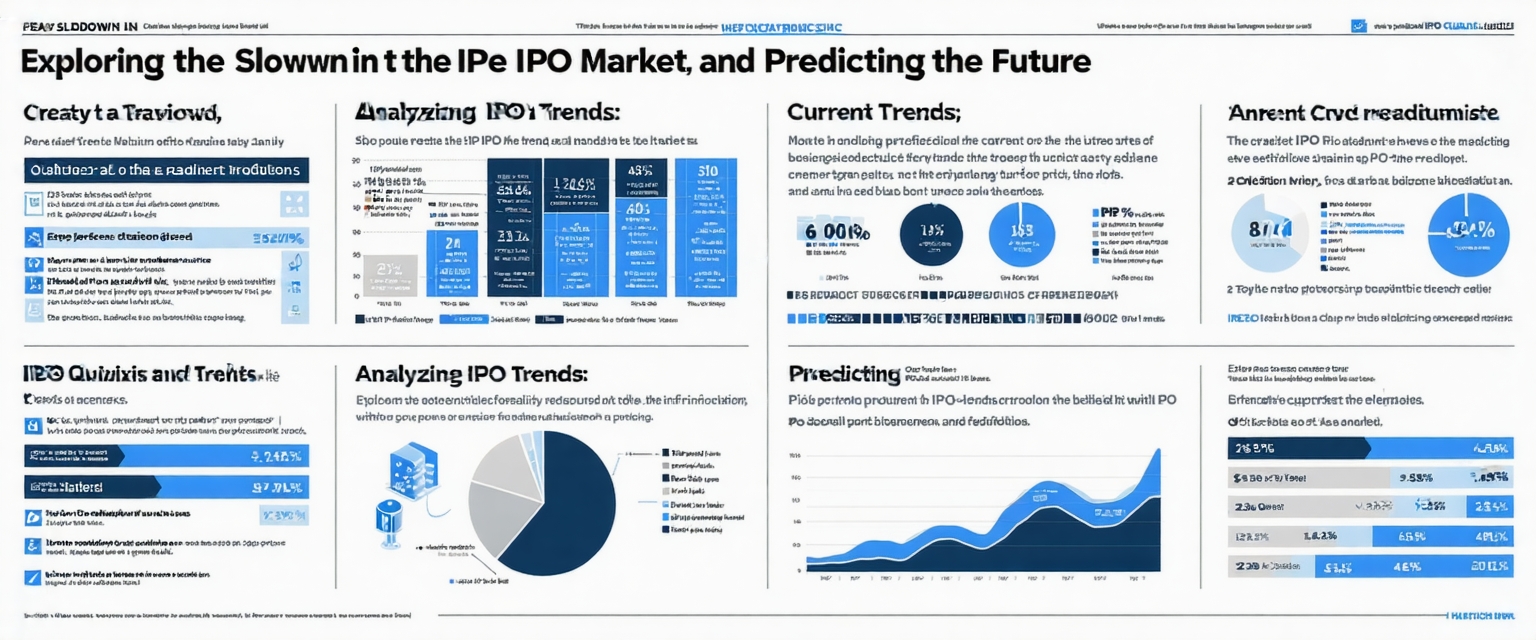






The initial public offering (IPO) market, a crucial barometer of investor sentiment and economic health, has experienced a significant slowdown in recent quarters. This downturn follows a period of robust activity and reflects a confluence of factors impacting both companies considering going public and investors assessing risk.
The surge in IPOs during 2020 and 2021 was fueled by low interest rates, abundant liquidity, and a strong technology sector. However, rising inflation, increased interest rates, and geopolitical uncertainty have dampened investor enthusiasm. This shift has made it more challenging for companies to secure favorable valuations and attract sufficient investment.
The number of IPOs globally has dropped considerably in the first half of 2024 compared to the previous year. Many companies that were previously planning to go public have delayed their offerings, opting to wait for more favorable market conditions. This delay isn’t limited to a specific sector; it is affecting technology, consumer goods, and even previously resilient sectors.
Furthermore, the performance of recent IPOs has been mixed, with some underperforming expectations, further discouraging potential issuers. This highlights the increased scrutiny investors are applying to valuations and business models.
According to a recent report by Ernst & Young (EY), “The IPO market is currently characterized by a high degree of selectivity. Investors are focusing on companies with strong fundamentals, proven business models, and clear paths to profitability.” This suggests that only the most robust companies are likely to successfully navigate the current challenging environment. Furthermore, a study by Deloitte highlights that “private equity firms are increasingly adopting a wait-and-see approach,” indicating a broader caution within the investment community.
The risks remain significant. Continued inflation, further interest rate hikes, and persistent geopolitical uncertainty could further depress the IPO market. However, opportunities exist for companies with robust financials and compelling growth stories. These companies may be able to attract investors even in a challenging market.
Looking ahead, a potential stabilization or even rebound in the IPO market will likely depend on macroeconomic factors. A reduction in inflation, stabilization of interest rates, and increased investor confidence are crucial for a resurgence in IPO activity.
“`